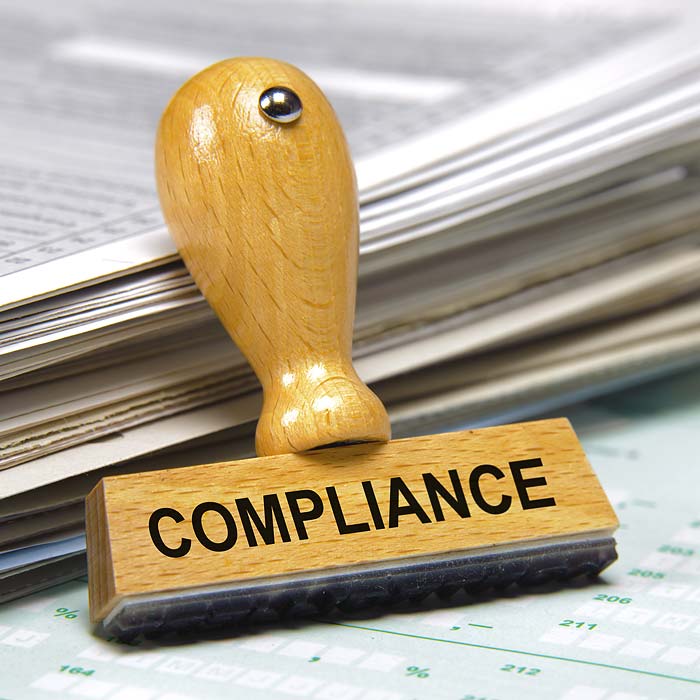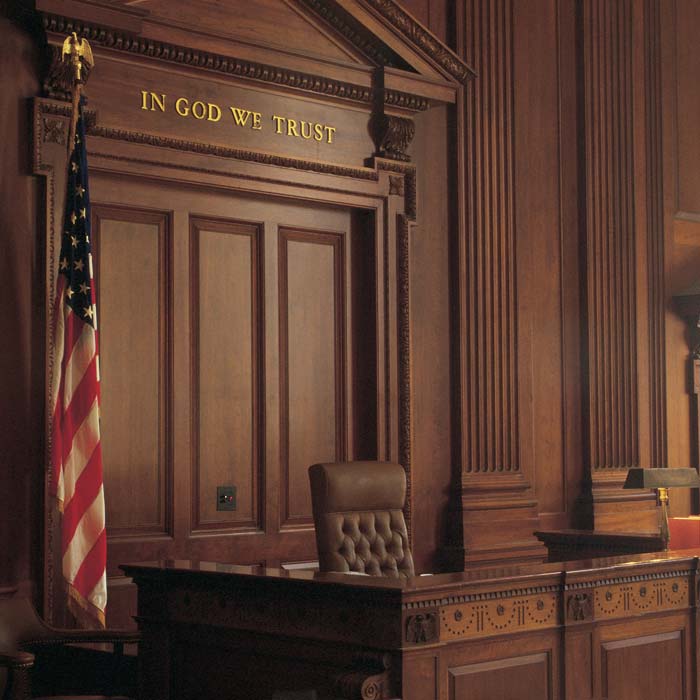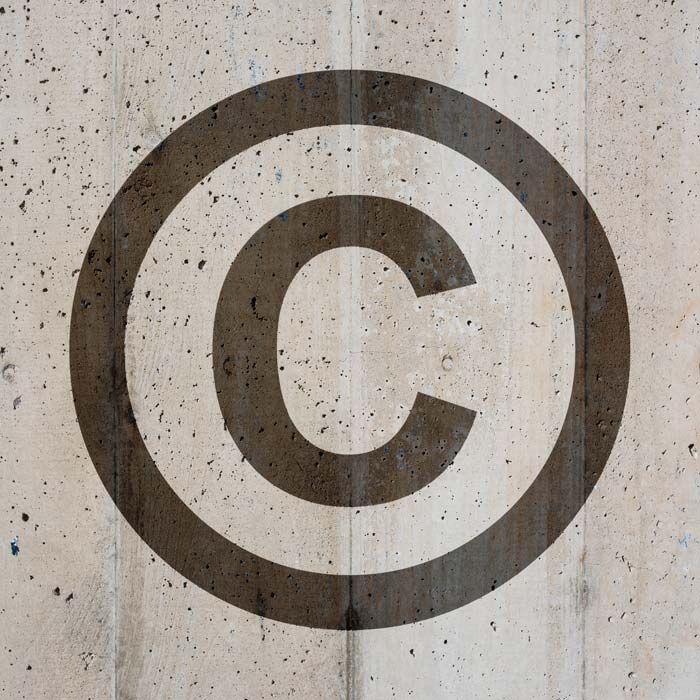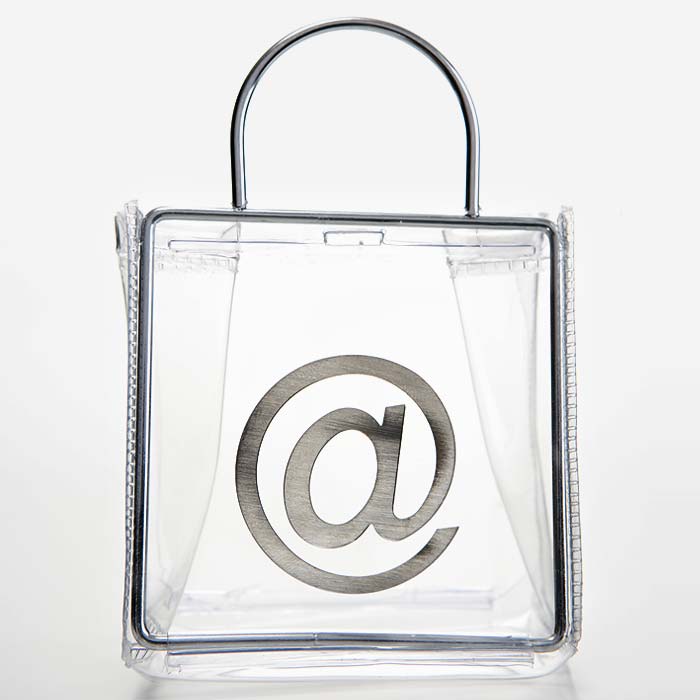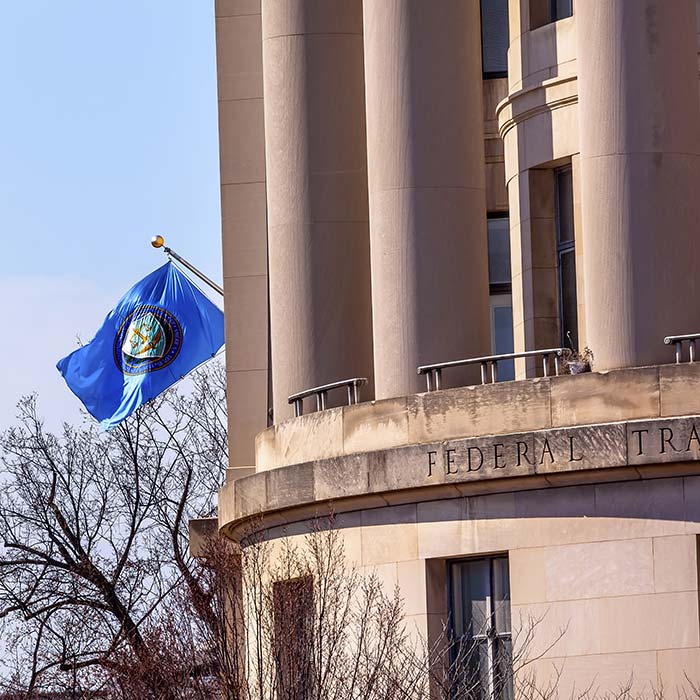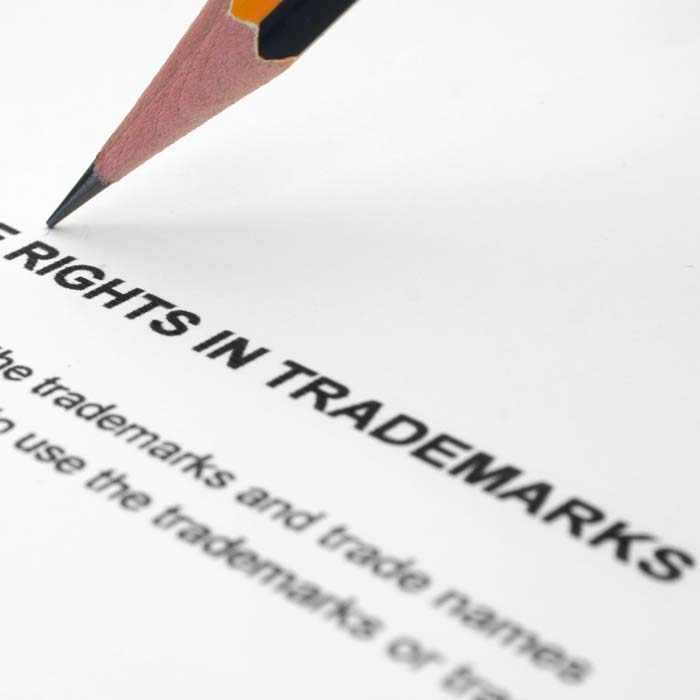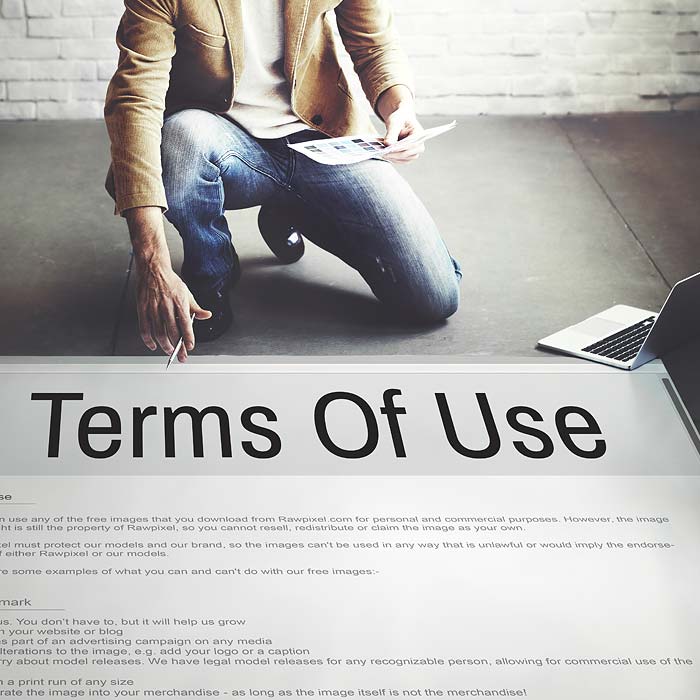
The Digital Millennium Copyright Act (DMCA) is a United States copyright law that implements two 1996 treaties of the World Intellectual Property Organization (WIPO).
It criminalizes production and dissemination of technology, devices, or services intended to circumvent measures (commonly known as Digital Rights Management or DRM) that control access to copyrighted works and it also criminalizes the act of circumventing an access control, whether or not there is actual infringement of copyright itself. In addition, the DMCA heightens the penalties for copyright infringement on the Internet. Passed on October 12, 1998 by a unanimous vote in the U.S. Senate and signed into law by President Bill Clinton on October 28, 1998, the DMCA amended Title 17 of the United States Code to extend the reach of copyright, while limiting the liability of the providers of on-line services for copyright infringement by their users.
DMCA Title II, the Online Copyright Infringement Liability Limitation Act (“OCILLA”), creates a safe harbor for online service providers (OSPs, including ISPs) against copyright liability if they adhere to and qualify for certain prescribed safe harbor guidelines and promptly block access to allegedly infringing material (or remove such material from their systems) if they receive a notification claiming infringement from a copyright holder or the copyright holder’s agent. OCILLA also includes a counter-notification provision that offers OSPs a safe harbor from liability to their users, if the material upon notice from such users claiming that the material in question is not, in fact, infringing. OCILLA also provides for subpoenas to OSPs to provide their users’ identity.
Protection of our clients’ intellectual property rights is one of our foremost obligations. Whether you are an internet service provider, host, content producer, or website owner, copyright and trademark theft are rampant in the adult industry given technological advancements allowing electronic content to be misappropriated with ease. We aggressively pursue copyright and trademark infringement claims on behalf of traditional and new media clients. We also assist in perfecting your copyright and submitting applications for trademark protection with governmental entities. Additionally, our firm will vigorously defend any frivolous claim brought against you and utilize all of the defenses made available by the most recent laws.
Recent DMCA Articles
The Legal Checkup
Dentists typically recommend that a person’s teeth be cleaned every six months and that oral x-rays be taken at least once every year. Internists recommend that a person receive a physical examination annually. Pets visit the veterinarian for vaccinations and well-care appointments. Vehicles need oil changes and regular maintenance. Your personal and business legal affairs are no different and require regular “legal checkups.” Much like going to the dentist, the idea of meeting regularly with your attorney is probably not going to excite you; but now more than ever, periodic communication with your lawyer is essential. Unfortunately, far too many web entrepreneurs wait too long and ultimately reach out to their attorneys when trouble has already come their way. In many instances, the legal problems encountered could have been prevented had a “legal checkup” taken place. The law in the United States and throughout the world is constantly changing. It…
DMCA Designated Agent Services
DMCA Attorney Corey Silverstein warns all website operators to ensure DMCA compliance and offers DMCA Agent Services. From Copyright.gov: “The Digital Millennium Copyright Act (“DMCA”) provides safe harbors from copyright infringement liability for online service providers. In order to qualify for safe harbor protection, certain kinds of service providers—for example, those that allow users to post or store material on their systems, and search engines, directories, and other information location tools— must designate an agent to receive notifications of claimed copyright infringement. To designate an agent, a service provider must do two things: (1) make certain contact information for the agent available to the public on its website; and (2) provide the same information to the Copyright Office, which maintains a centralized online directory of designated agent contact information for public use. The service provider must also ensure that this information is up to date. In December 2016, the Office…
Website Lawyer, Corey Silverstein Reminds You to Have Your Online Business Reviewed for Legal Compliance
There are far too many online business operators that are not taking legal compliance seriously enough and subjecting themselves to potential liability. A commercial website is still a business regardless of the fact that its home is the world wide web, instead of a traditional brick and mortar facility. In its October 2014 Web Server Survey, NetCraft confirmed that there are over 1 billion websites on the world wide web today. If you think that governments and enforcement agencies across the world have not taken notice of this fact, then you are kidding yourself. In the United States, federal agencies such as the Federal Trade Commission (“FTC”) are prosecuting website operators at an increasing rate with more severe penalties. State attorneys are exercising subpoena power and commencing enforcement actions more than ever before and the United States has not been shy about seizing websites that are suspected of violating applicable…
The Proper DMCA Takedown Notification
On October 28, 1998, President Bill Clinton signed into law the Digital Millennium Copyright Act (the “DMCA”). Since becoming valid law, the DMCA has been controversial to say the least, with many demanding reform. For many in the adult industry, the DMCA has been helpful and beneficial in intellectual property protection while others in the adult industry feel that the DMCA provides too much protection and has allowed “content pirates” to abuse the DMCA for its own financial gains. The adult industry is no stranger to the DMCA. The exponential growth of “Tube” style websites over the past several years has led to an unquantifiable number of lawsuits, disputes, articles and controversies. There are enough articles from adult industry experts regarding the pros and cons of the DMCA and there are equally enough articles from adult industry experts regarding intellectual property protection. The purpose of this article is to examine…




